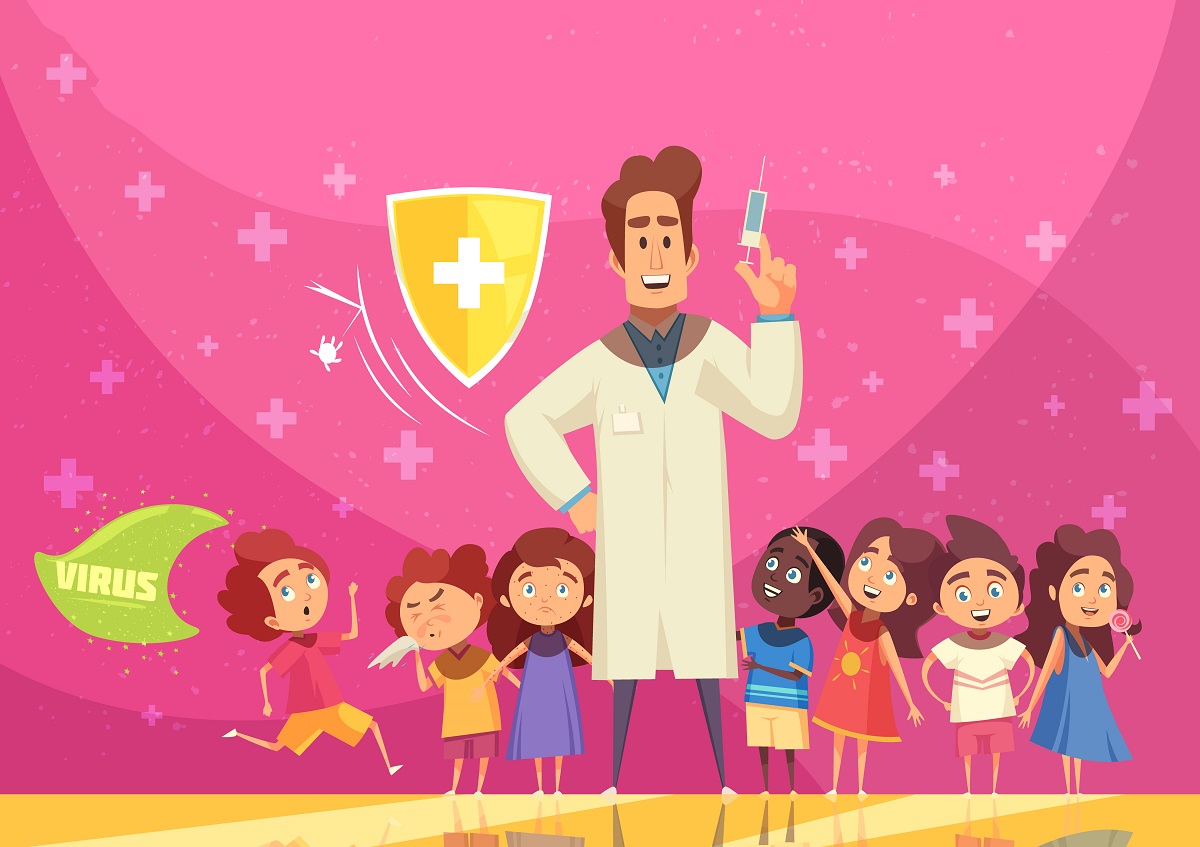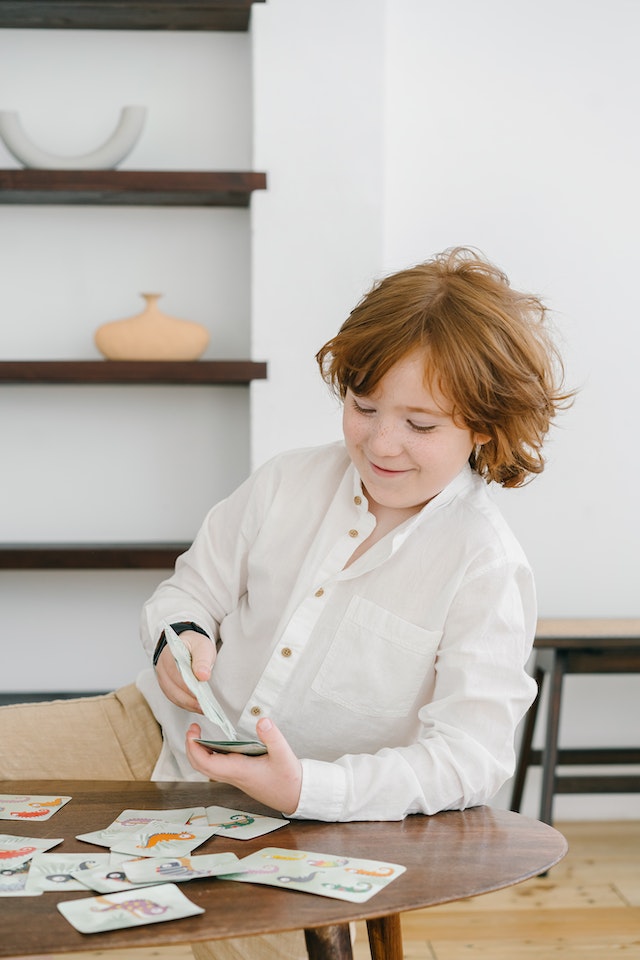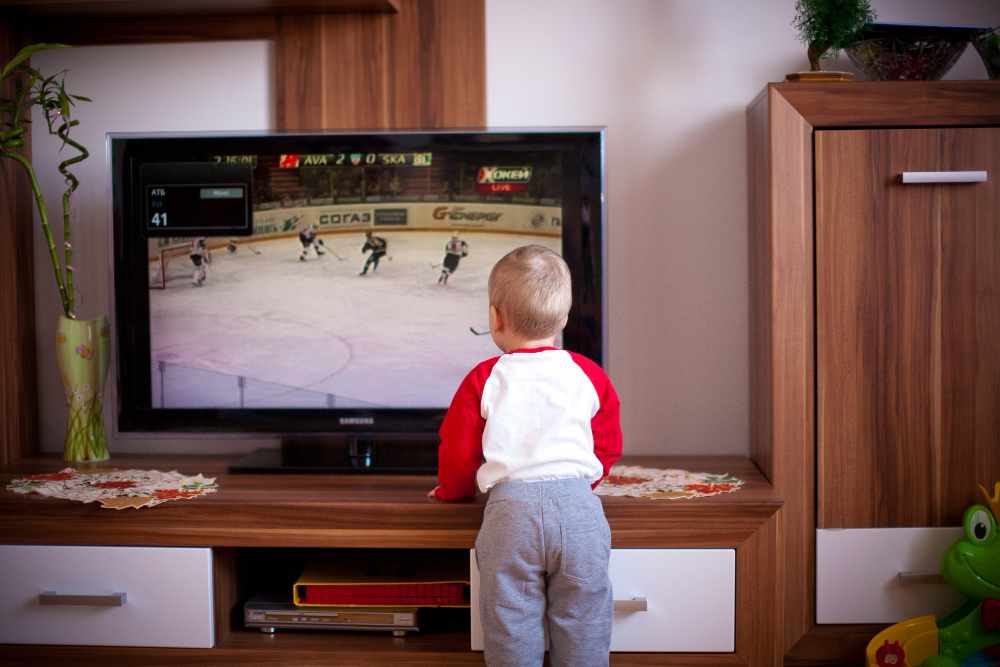Introduction:
Watching your toddler grow and achieve new milestones is an exciting journey.
At the age of 2, toddlers undergo significant developments that shape their cognitive, physical, and social skills.
Understanding these milestones can provide valuable insights into your child’s growth and enable you to support their progress effectively.
In this article, we will explore the key developmental milestones of toddlers at 2 years, covering various aspects of their development.
Language and Communication Skills:
At the age of 2, toddlers experience a language explosion.
They begin to understand and follow simple instructions and can say around 50 words or more.
They also start combining words to form short phrases and sentences.
Encouraging their communication skills through reading, storytelling, and engaging in conversations can aid in their language development.
Cognitive Development:
Toddlers at the age of 2 are rapidly developing their cognitive abilities.
They exhibit an increased curiosity about the world around them.
They can solve simple problems and puzzles, sort objects by shape or color, and imitate actions they have observed.
Providing them with age-appropriate toys and activities that stimulate their imagination and problem-solving skills can foster their cognitive growth.
Motor Skills:
Gross motor skills, involving larger muscle groups, show significant progress at 2 years of age.
Toddlers can walk and run steadily, climb stairs with assistance, kick a ball, and even jump with both feet leaving the ground.
Fine motor skills, involving smaller muscle groups, also advance as they learn to stack blocks, turn pages of a book, and feed themselves with a spoon.
Encouraging activities like playing with balls, building blocks, and drawing with crayons can enhance their motor skills.
Social and Emotional Development:
Toddlers at this age begin to develop a stronger sense of self and independence.
They may experience emotions more intensely, including tantrums and frustration when they cannot express themselves effectively.
They start imitating adults and other children, show empathy towards others, and engage in simple pretend play.
Encouraging positive social interactions, providing gentle guidance, and acknowledging their emotions can support their social and emotional development.
Self-Help Skills:
Two-year-olds start demonstrating self-help skills and strive for independence.
They may attempt to dress and undress themselves, use a fork or spoon, and even wash their hands with minimal assistance.
Encouraging these self-help skills while maintaining a safe environment fosters their independence and confidence.
Conclusion:
Understanding the developmental milestones of toddlers at 2 years of age is crucial for parents and caregivers.
It allows them to provide appropriate support and create an environment that stimulates their growth and learning.
From language and cognitive development to motor skills and social interactions, every aspect of a toddler’s development plays a significant role in shaping their future.
By nurturing their skills and encouraging their progress, parents can help their toddlers thrive during this important stage of their lives.
Remember, every child is unique, and milestones can vary slightly.
If you have concerns about your child’s development, consult a pediatrician or child development specialist for guidance and support.
![]()











